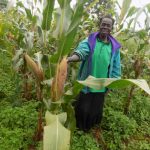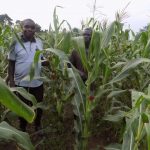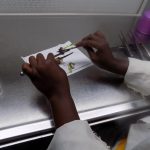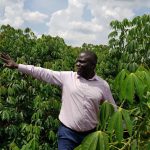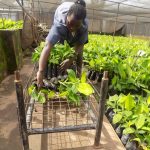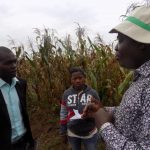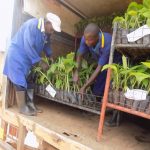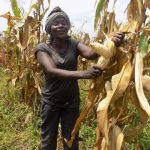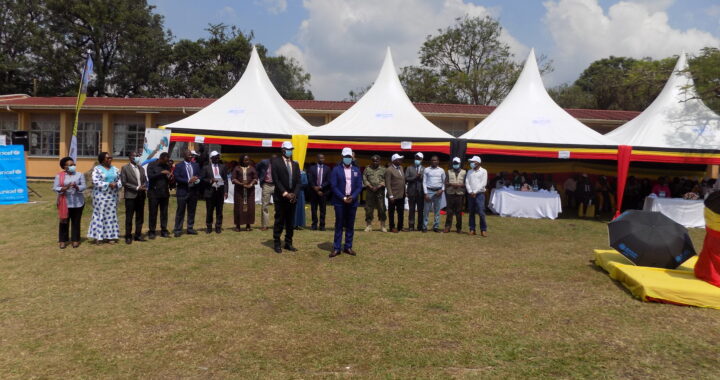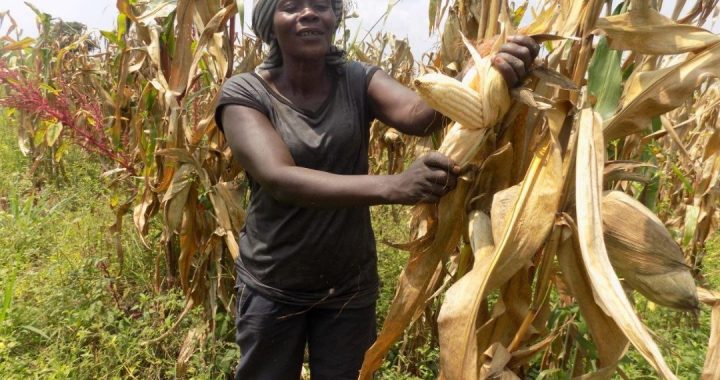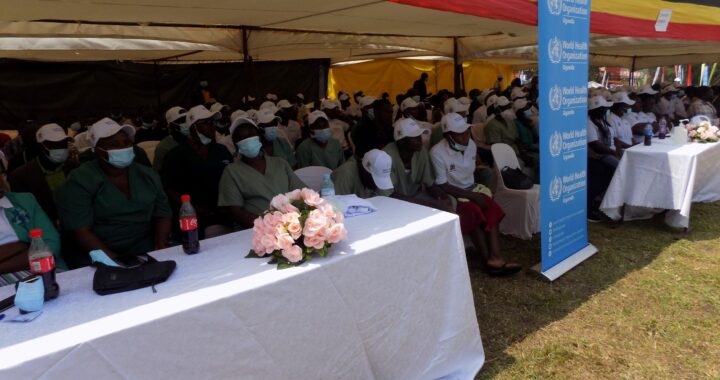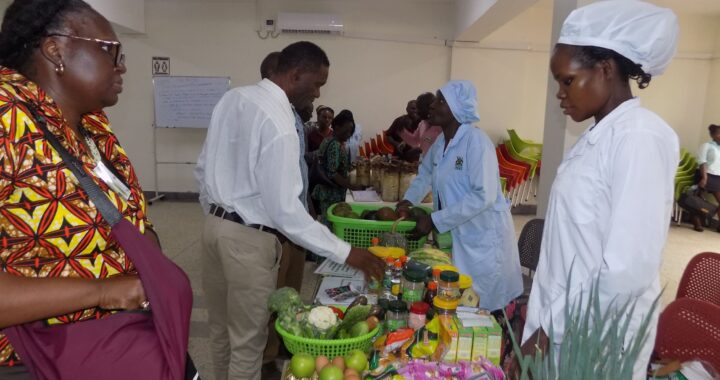Dakar Blue deal must be on UN water agenda in March
3 min readTobias Schmitz is the editor-in-chief of The Water Diplomat, a monthly intelligence and media review on water issues published in Geneva, Switzerland. He has worked as a water researcher at the Centre for Policy Studies in Johannesburg, South Africa on water projects in several African countries. He has worked in Uganda, South Africa, Benin, Kenya, Senegal, and Tunisia. He got his bachelor’s degree in Development Studies from Radboud University in 1987, then after a master’s in 1992 from the same university. He got his doctorate in developmental studies specializing in Water Scarcity from the same university.
Tobias was recently in Nairobi, Kenya courtesy of Water Diplomat and Africa- 21, a Geneva-based African media think-tank as one of the trainers for journalists on water issues.
Christopher Bendana, one of the trainees and publisher of ScienceNowMag spoke to Tobias Schmitz, about working on the continent and training journalists to report that water story.
You are very interested in water issues on the continent. Why the interest in Africa?
I am African. I was born in Lesotho. I am one of those Africans in the diaspora who see hope in the continent and would like to contribute in one way or another. Having studied development with a focus on water scarcity in South Africa, I decided to focus on the whole continent rather than on the sub-region taking into account the challenge of water access in the continent.
Talking about access Valere Nzeyimana from the Food and Agriculture Organization of the UN paper during the training described much of Africa including countries like Uganda as water-stressed countries. How come a country like Uganda with over 1800mm of annual rainfall and five big fresh water can be classified as water stress?
When we talk about water stress we are talking about countries where annually pre-capita water consumption is less than 1000 cubic meters and unfortunately luckily blessed Pearl of Africa, Uganda falls in the bracket. Too much water but limited clean water access. More investment is needed in infrastructure development and system maintenance to limit losses.
You talked about losses. You were part of the team that visited Thinka Dam in central Kenya. The engineer there talked of 45% losses. In Uganda, the National Water and Sewerage Corporation’s losses are also close to 50%. How can African water utilities reduce the losses as they impact access?
They have to work on the infrastructure and make it more efficient. Physical losses of up to 45% are ridiculous. There must also be water demand management. The systems including, sanitation in homes, and irrigation systems among others have to be efficient.
There is an incoming UN-Water conference in New York in March. A sector related to water, and climate change are struggling to raise the capital needed for mitigation and adaptation. How can Africa raise the resources needed to increase both water for consumption and production?
There are things we can do here and there are some others where we need support. We can start by working on protecting catchment areas like we saw farmers creating water buffers in Thika. We also need to invest in a capacity like chemists to handle the pollutants, especially of minerals like oil and uranium. Water quality is unseen. Much of the water released is not treated, hence a problem for the environment. Much of these pollutants end up in international rivers like the Nile river. We must know that our actions upstream affect downstream communities.
Let us use the Dakar Blue deal as the framework. It has to get on the UN-Water agenda. Otherwise, the African voice will be lost. For instance, the Dakar deal emphasized water for rural development. This is an area that can’t be ignored.


